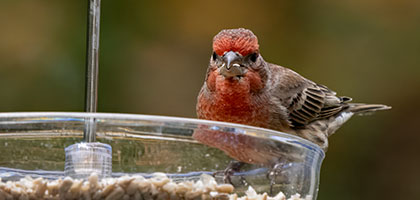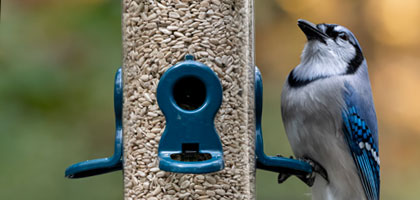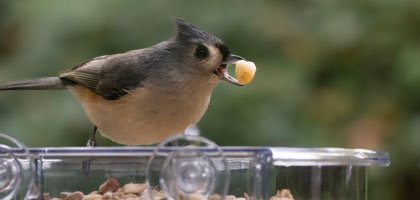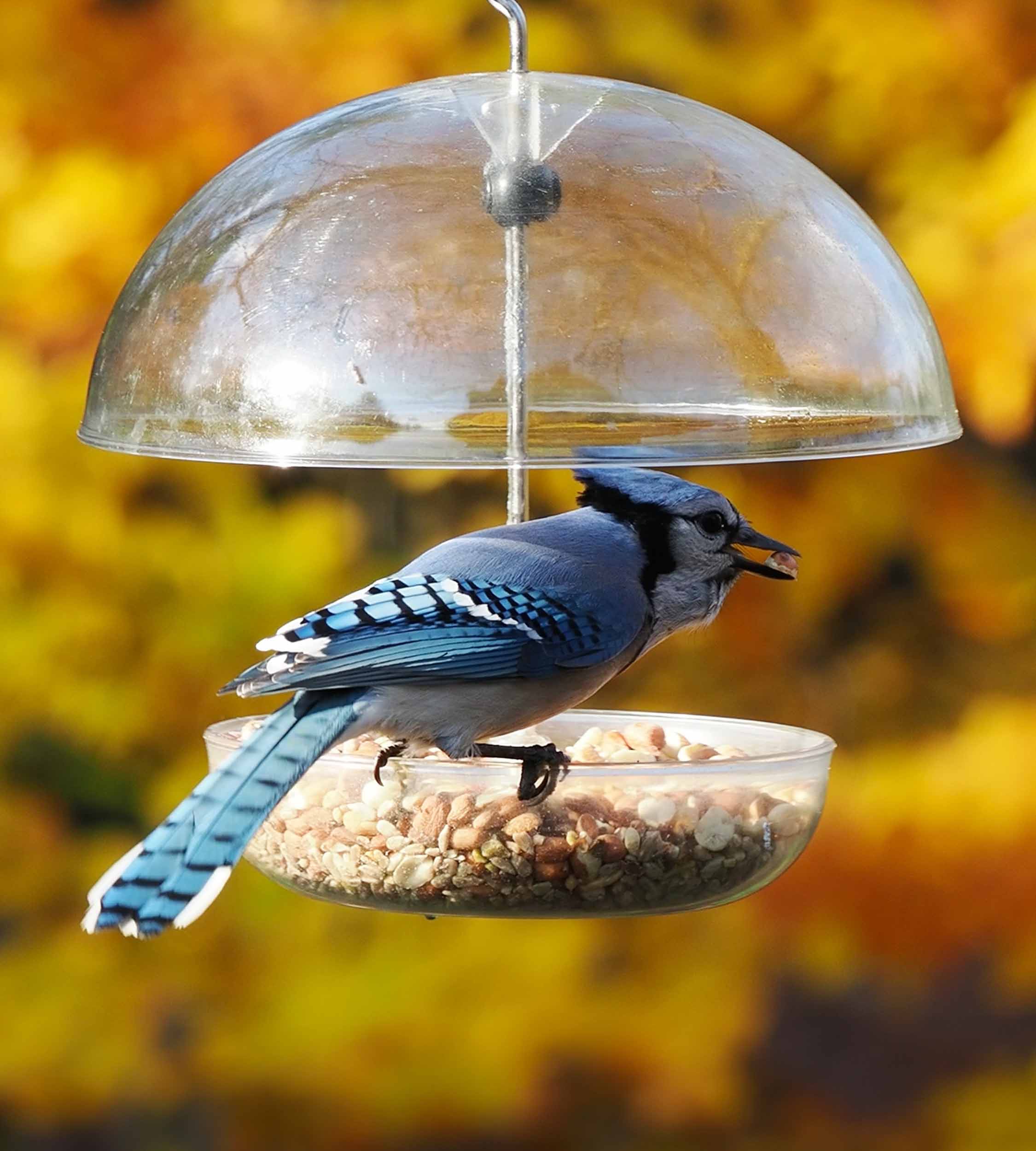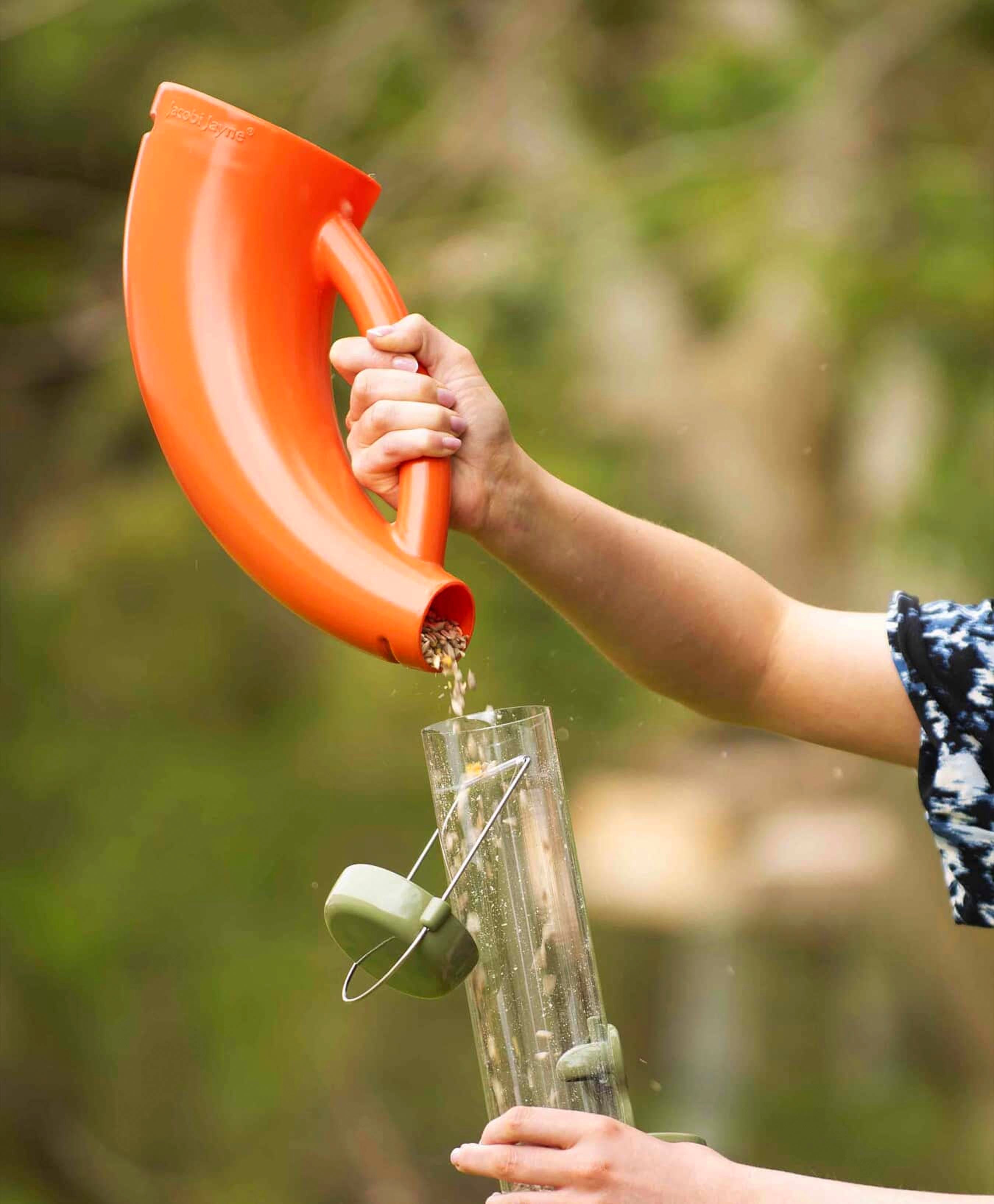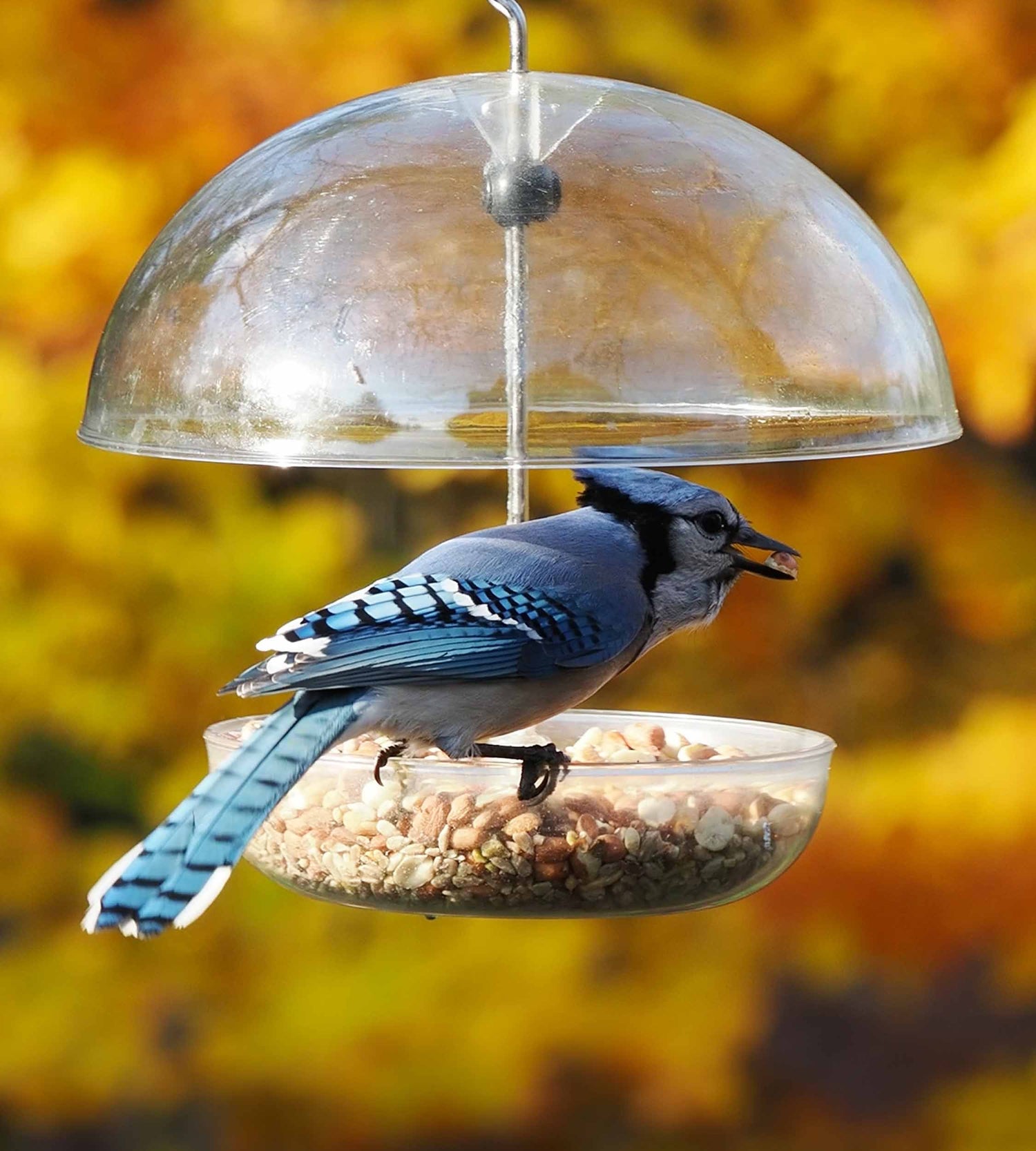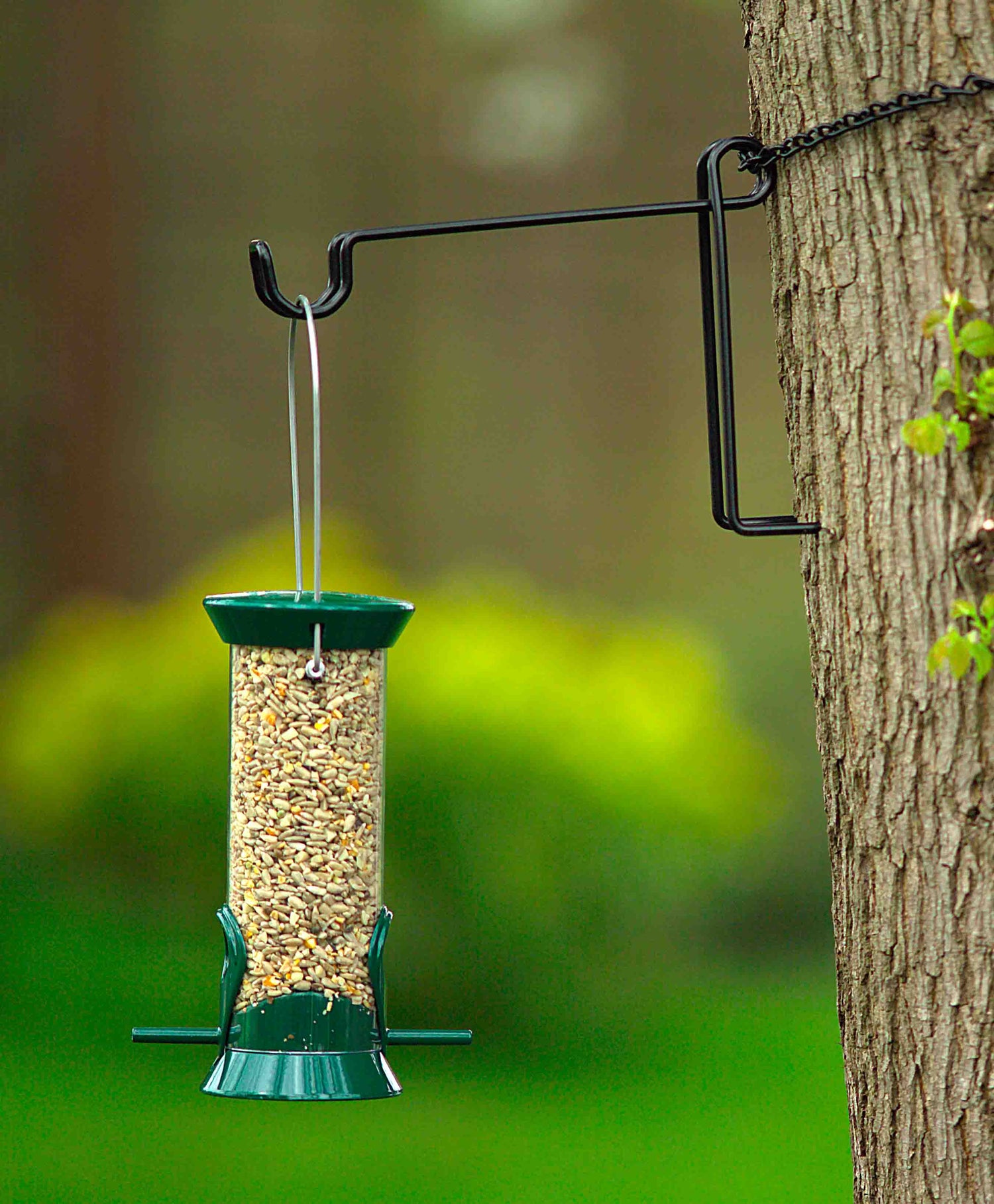Raccoons are known for their adaptability and opportunistic feeding habits. These traits have allowed them to thrive in a variety of environments, from rural woodlands to bustling cities.
One question that often arises is, "Do raccoons eat bird food?" The answer is yes, they do. Bird food, particularly seeds and suet, can be an attractive meal for these resourceful creatures.
However, this behavior can lead to a host of issues. For one, raccoons raiding bird feeders can disrupt the feeding patterns of birds. It can also lead to property damage and potential health risks.
Understanding raccoon diets and their interaction with bird food is crucial. It can help homeowners, bird enthusiasts, and wildlife managers mitigate these issues.
In this article, we delve into the dietary habits of raccoons, their impact on bird populations, and how to manage their interaction with bird feeders. We aim to provide insights that will help in coexisting with these fascinating creatures.
Raccoon Dietary Habits: An Overview
Raccoons have a wide-ranging diet that reflects their omnivorous nature. These adaptable animals will eat fruits, nuts, small mammals, insects, and even discarded human food. Their diet shifts based on seasonal availability and environmental conditions.
Being opportunistic feeders, raccoons do not shy away from exploring new food sources. This adaptability has allowed them to thrive in both rural and urban settings. Their curiosity leads them to exploit whatever food is readily available, including bird feeders in backyards.
The Omnivorous Nature of Raccoons
Raccoons enjoy a varied diet that can include just about anything edible. From juicy fruits to crunchy insects, raccoons have a taste for a diverse menu. Their dietary flexibility allows them to switch between different food types, depending on what they can find easily.
This omnivorous nature is one of their key survival traits. It enables raccoons to adapt to changing environments and food availability, maintaining their status as resilient creatures.
Raccoons and Bird Feeders: A Troublesome Attraction
Bird feeders provide a convenient food source for raccoons, especially during lean times. Seeds and suet present in these feeders are energy-rich, making them appealing to hungry raccoons. This often results in nightly raids on bird feeders, leading to conflicts with human dwellers.
The attraction to bird feeders is not just about easy access. Raccoons are intelligent and have the dexterity to manipulate latches or lids to access food. This troublesome trait often leads to damaged feeders and disrupted bird feeding schedules.
Do Raccoons Eat Bird Food?
Indeed, raccoons do eat bird food, often finding it irresistible. Birdseed offers an easy, high-energy meal for these nocturnal visitors. The appeal is especially strong during periods of natural food scarcity.
This opportunistic feeding behavior can make bird feeders a routine part of a raccoon's diet. However, reliance on bird food is not ideal for raccoons' overall nutrition. Raccoons often return to the same feeders if they know food is regularly available, which can lead to dependency.
The Impact of Bird Food on Raccoon Health
Reliance on bird food can affect raccoon health negatively. The imbalance of nutrients in birdseed is not suitable for their varied dietary needs. Raccoons require a broader diet for optimal health.
Excessive consumption of bird food can cause nutritional deficiencies. This dependence could also lead raccoons to lose their ability to forage effectively in the wild. Ensuring they do not rely solely on bird feeders is crucial for their well-being.
How Bird Feeding Patterns Are Disrupted by Raccoons
Raccoons' nightly visits to bird feeders often scare away birds. The presence of these larger mammals can deter birds from visiting feeders at all. This disruption affects bird enthusiasts who enjoy watching birds visit their feeders.
Feeder disturbances can also lead to reduced feeding opportunities for local bird populations. This impact may result in fewer birds frequenting affected areas. Ensuring raccoons do not dominate feeders is important for maintaining healthy bird visitation.
Protecting Bird Feeders from Raccoon Intrusions
Keeping raccoons away from bird feeders can be a challenge. These clever animals can climb, jump, and manipulate objects with their nimble paws. Ensuring your bird feeders are raccoon-proof is essential to prevent them from disrupting your bird feeding activities.
Raccoons can damage feeders and consume large quantities of bird food. Properly securing feeders not only protects bird food but also minimizes damage. Preventive measures can significantly reduce raccoon interference, ensuring bird feeders remain accessible to birds.
Raccoon-Proofing Strategies for Bird Feeders
Effective strategies can help keep raccoons at bay. By using a few smart techniques, you can protect your bird feeders.
Here are some effective raccoon-proofing methods:
- Install baffles to make climbing difficult for raccoons.
- Secure feeders with sturdy, raccoon-proof latches or hooks.
- Position feeders away from overhanging branches or structures they can climb.
Implementing these measures can deter raccoons and preserve bird feeding for their intended visitors.
Timing and Placement: Minimizing Raccoon Interference
Timing and placement are key factors in reducing raccoon visits to feeders. Only put food out during the day when birds are most active. Removing feeders at night can discourage raccoons from forming feeding habits.
Placing feeders in strategic locations also makes a difference. Hang feeders on poles with baffles and away from anything raccoons might climb. These tactics help ensure birds can enjoy a meal without unwanted interference from raccoons.
The Consequences of Raccoons Feeding on Bird Food
When raccoons feed on bird food, it can lead to several negative consequences. This behavior not only affects the raccoons themselves but also has broader implications for local ecosystems and communities.
Raccoons consuming bird food can upset the balance of local wildlife. Birds may frequent feeders less often if raccoons take over the food supply. This shift can also affect raccoon health, as bird food does not meet their nutritional needs. Over-reliance on such food can cause harm over time.
Disruption of Local Wildlife and Birdwatching
Raccoons at bird feeders can disrupt local wildlife dynamics. When raccoons invade these feeding stations, birds may be frightened away. This can reduce birdwatchers’ enjoyment, as fewer birds visit.
Displaced birds might seek food elsewhere, creating competition for natural resources. A continued raccoon presence may also decrease bird diversity in the area. Such disruptions can significantly impact bird populations and local wildlife appreciation.
Potential Health Risks to Birds and Humans
Raccoons at bird feeders pose potential health risks. They are carriers of diseases such as leptospirosis and raccoon roundworm. These diseases can transmit to both birds and humans who come in contact with contaminated areas.
Moreover, raccoons may leave parasites like ticks and fleas near feeders. These parasites can threaten birds and domestic animals frequenting the vicinity. By understanding these risks, humans can better manage feeders and reduce potential health hazards.
Coexisting with Raccoons: Ethical and Practical Considerations
Living alongside raccoons requires thoughtful strategies that balance their presence with human interests. Awareness of raccoon behavior and ecological roles can guide humane and effective coexistence.
Creating raccoon-friendly environments involves understanding their needs without encouraging dependency. Responsible wildlife feeding and habitat management can support this balance.
Understanding and Managing Raccoon Behavior
Recognizing raccoon habits is essential for minimizing conflicts. These intelligent animals exhibit behaviors like memory for food sources, making them repeat visitors to bird feeders.
Adapting feeding times or using secure feeders can help deter raccoons. By observing and managing raccoon activity, humans can minimize disturbances while respecting their role in the ecosystem.
Community Efforts and Wildlife Management
Community involvement is vital in managing raccoon interactions. Education initiatives can raise awareness about minimizing unintentional feeding. By sharing knowledge, communities can develop solutions that reduce negative encounters and benefit both wildlife and residents.
Local wildlife management policies play a crucial role in these efforts. Collaboration between residents, municipalities, and conservationists can lead to sustainable and balanced approaches, enhancing the coexistence experience for all stakeholders.
Conclusion: Balancing Wildlife Enjoyment with Prevention
Finding joy in observing backyard wildlife requires striking the right balance between enjoyment and prevention. While raccoons add a fascinating element to the ecosystem, their interaction with bird feeders can pose challenges.
Implementing effective deterrents and community education can help maintain this balance. Embracing innovative solutions like raccoon-proof feeders can enhance birdwatching experiences while minimizing conflicts. Effective wildlife management creates an environment where both people and animals can thrive. Keeping wildlife healthy and safe ensures vibrant ecosystems.
